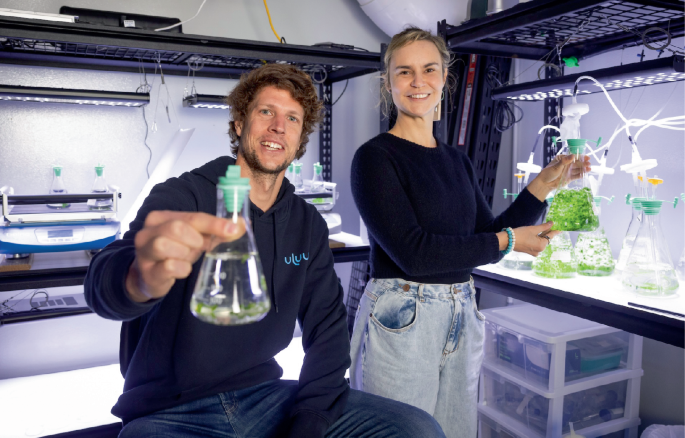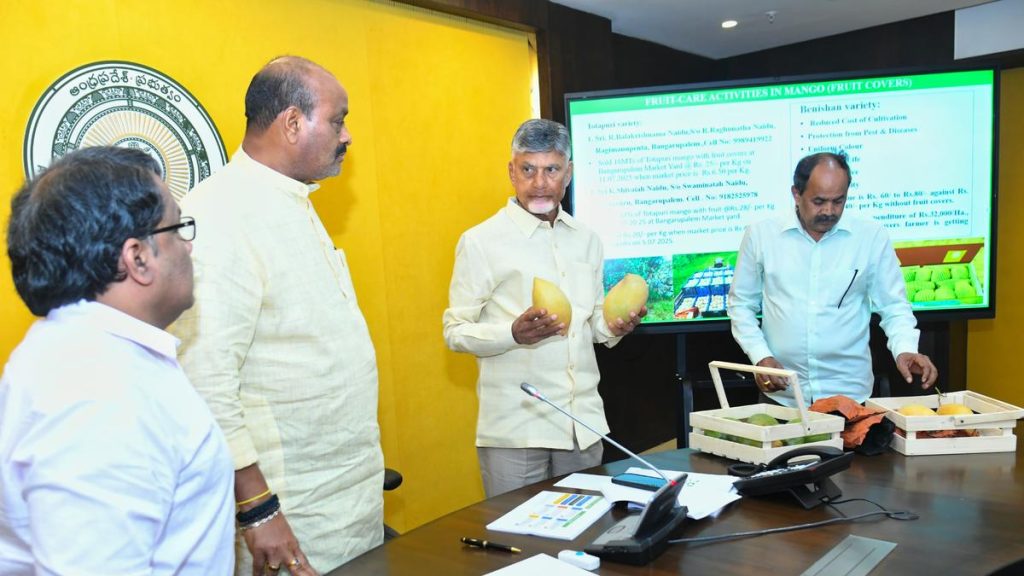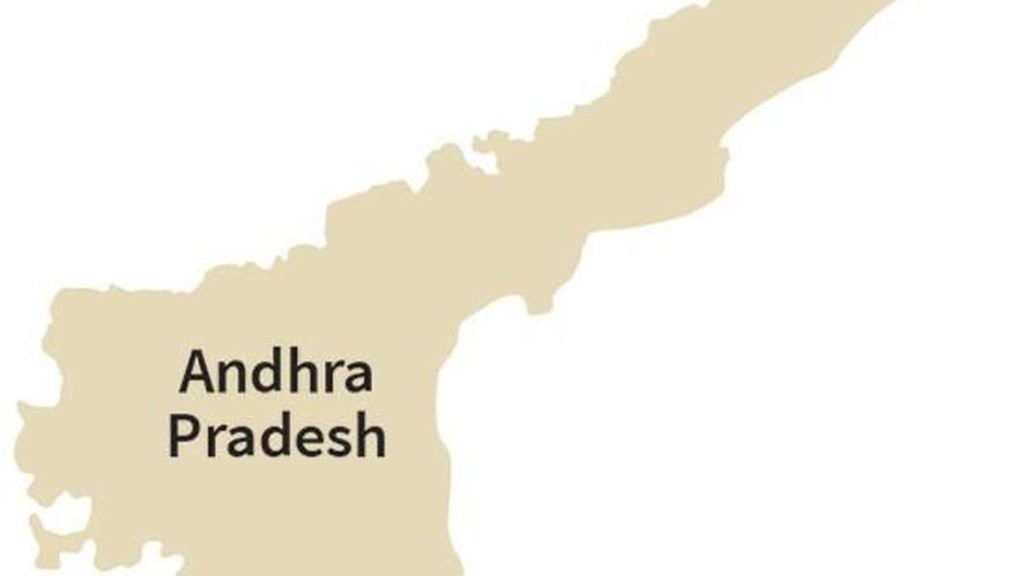Now Reading: Ocean-Grown Bioplastics: A Sustainable Innovation
-
01
Ocean-Grown Bioplastics: A Sustainable Innovation
Ocean-Grown Bioplastics: A Sustainable Innovation

Quick Summary
- Article Focus: Bioplastics made from seaweed as a sustainable option to fossil fuel-based plastics.
- Key Progress: Julia Reisser,co-founder of Uluu,utilized sugar-rich seaweed to feed microbes for producing PHA (polyhydroxyalkanoates) polymers via microbial fermentation.
- Benefits of Seaweed as Feedstock: Seaweed is scalable, affordable, carbon negative, and absorbs carbon dioxide while supporting bioplastics production.
- Process details: Saline-loving microbes are burst using fresh water after fermentation to extract PHAs. These PHAs are then turned into biodegradable pellets that can be molded into films or rigid plastic materials and break down in just four weeks with home composting.
Link for more details: Read More
Indian Opinion Analysis
The innovative use of sugar-rich seaweed in bioplastics production presents significant ecological potential globally and offers insights valuable to India’s environmental sustainability goals. As plastic pollution remains a critical challenge worldwide-including India’s waterways-a transition from conventional petroleum-based plastics to low-carbon alternatives like PHA could align well with India’s climate commitments under the Paris Agreement and domestic efforts toward circular economy practices.
For India specifically, leveraging its vast coastline (~7,500 km) alongside existing expertise in aquaculture could make seaweed cultivation economically viable while reducing reliance on land crops for bioplastic production-a known drawback highlighted in earlier systems. However, implementation success hinges largely on building cost-efficient infrastructure for scale-up while ensuring environmental safeguards against exploiting marine ecosystems.
This innovation underscores broader possibilities within biotechnology which India should actively explore through partnerships between academia and industries focused on green technologies.


























